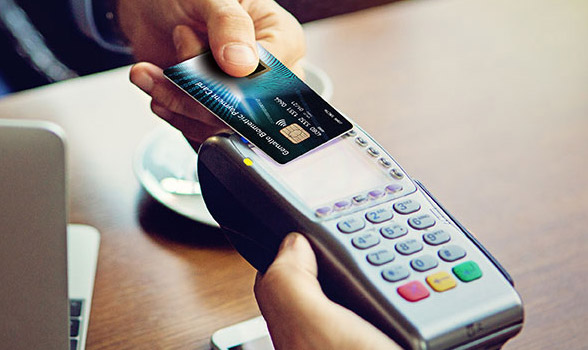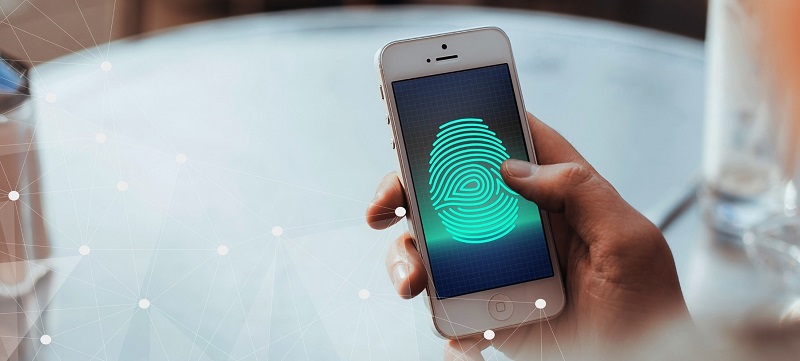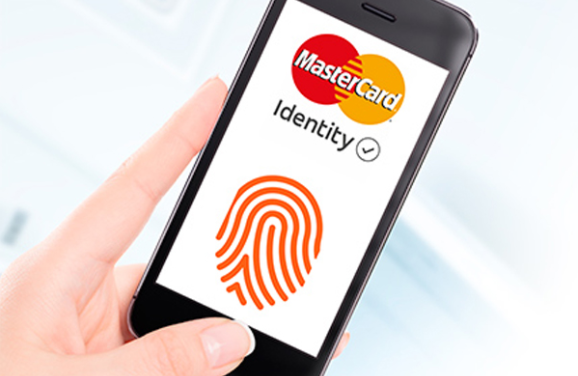54% of Brits would use biometric payment cards
More than half of UK consumers (54%) would use a biometric payment card if their bank made one available today, a new survey has found, and 82% say it would become their preferred payment card.
Eight out of 10 consumers believe that a biometric payment card, with a built-in fingerprint sensor, will offer increased convenience and security, the survey conducted by GfK for Gemalto found.
86% perceive the technology to be more secure and 82% believe it will provide greater convenience.
Advantages cited include no need to remember different PINs, a more secure experience (“no more risk of someone stealing my PIN code when I pay”) and more opportunities to make contactless payments thanks to the higher spending limits that biometric cards are expected to provide.

Consumers who expressed concerns about using biometric technology cited feeling afraid that their fingerprint won’t work all the time (41%) and concerns about the biometric security being compromised (37%).
“These concerns should be alleviated as consumers learn more about the technology,” Gemalto says. “For example, patek phillipe replica biometric cards will be able to fall back to a PIN code authorisation if for any reason the fingerprint reader malfunctions. The fingerprint data is also securely stored in the card’s chip. It never leaves the card. It’s not kept on the bank’s servers nor sent to a personalization bureau.”
More than 579m biometric cards will be in use around the world by 2023, analysts Goode Intelligence predict. Demand is expected to be driven by the technology’s ability to enable higher value contactless transactions at the point-of-sale.
– nfcworld.com –


